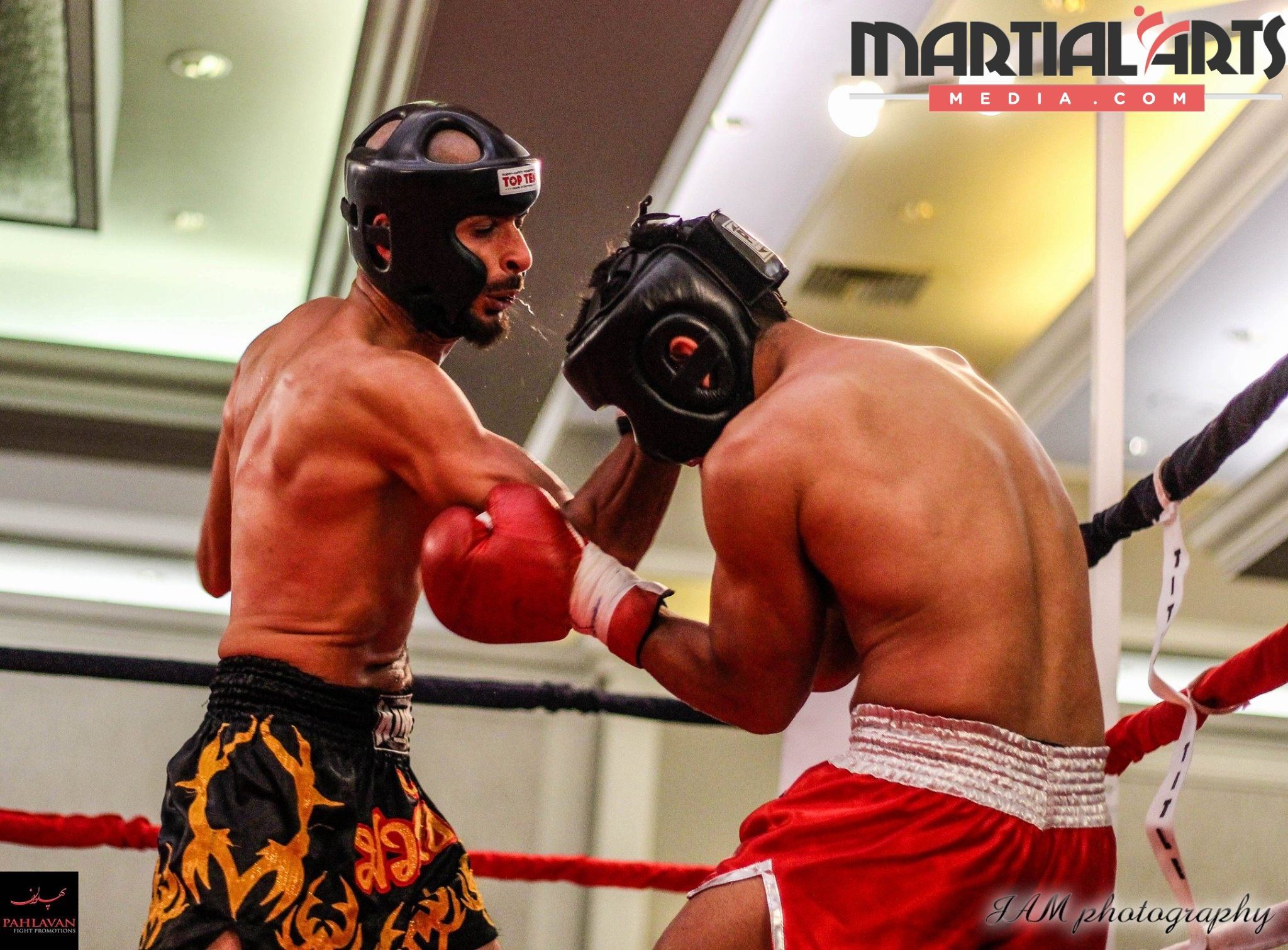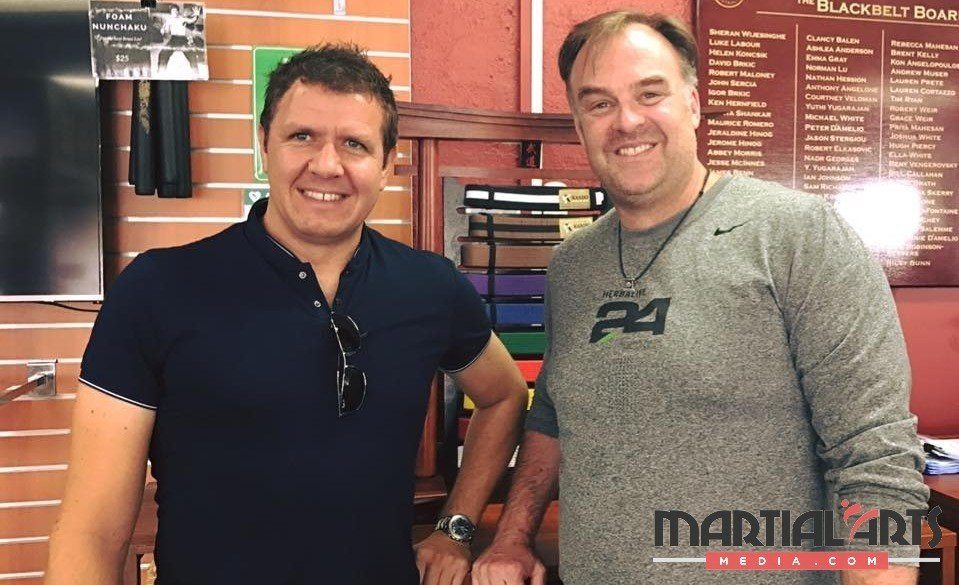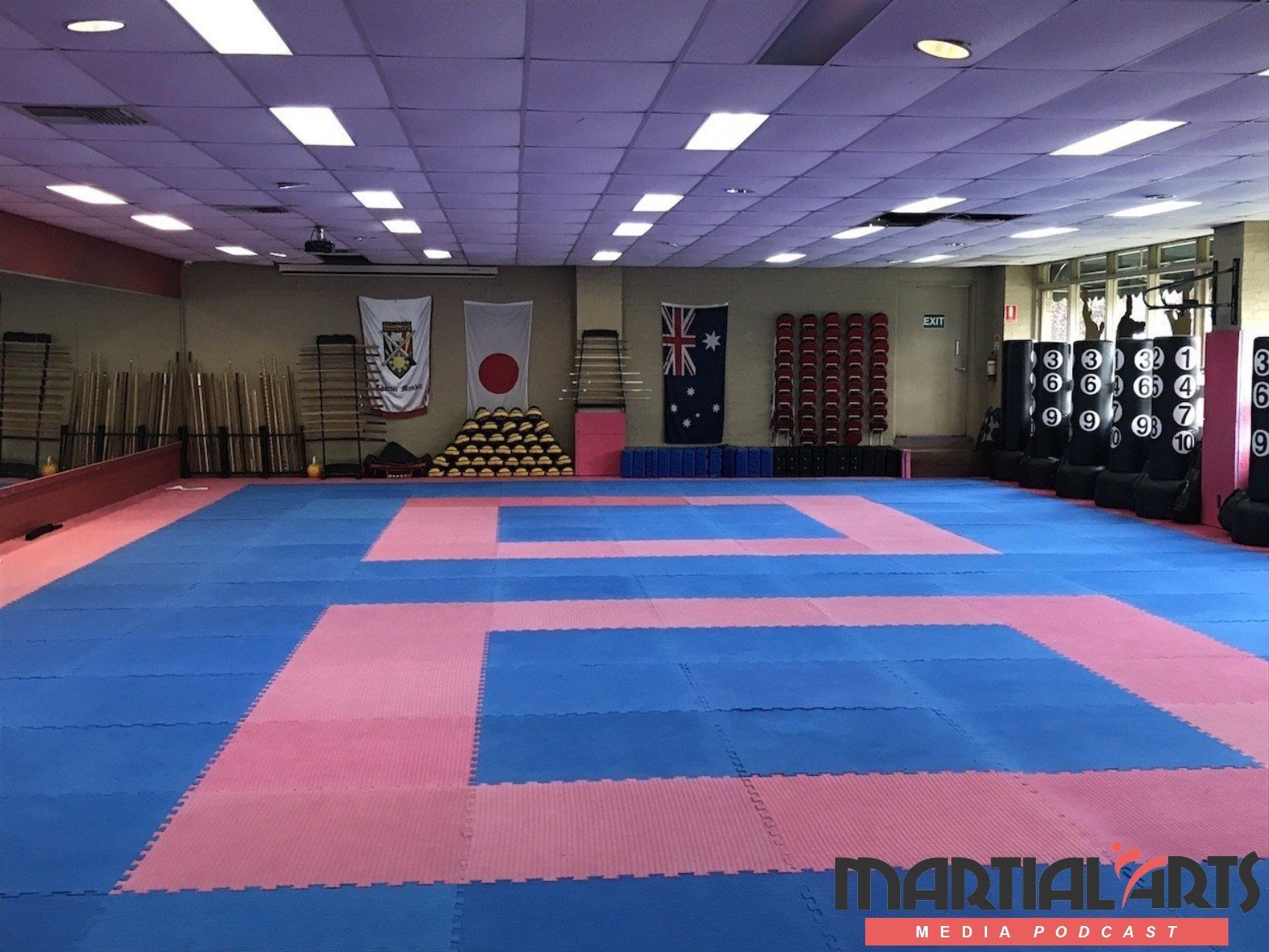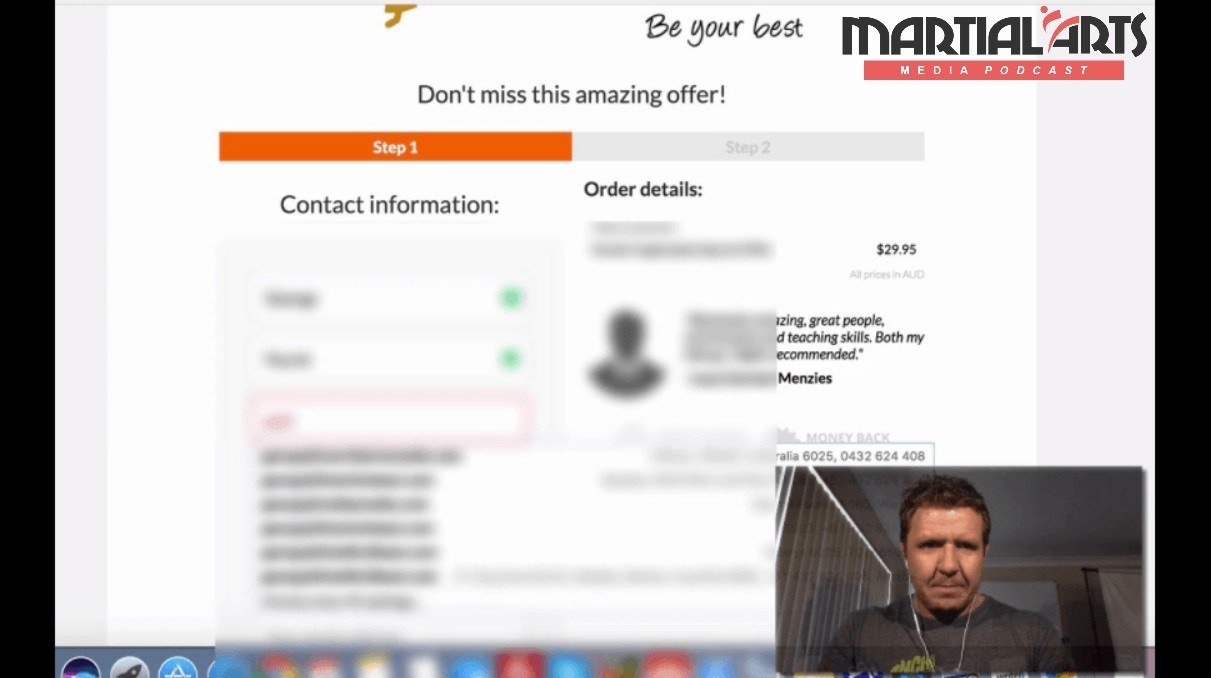Martial Arts Media Academy founding member shares his successful growth while getting ready for the next benchmark.
IN THIS EPISODE, YOU WILL LEARN:
- The greatest impact the Martial Arts Media Academy has contributed to Dave Richardson’s martial arts school growth
- Why you should invest in hiring a marketing expert
- The benefits of email marketing and why you should not neglect it
- What is ‘superhero syndrome’ and why you should avoid it
- How you can get marketing help through the Martial Arts Media Academy
- And more
*Need help growing your martial arts school? Learn More Here.
TRANSCRIPTION
Yeah, the other thing that was really helpful was the coaching calls, and going through the websites and what not, and how to tweak this and change that, and work together in the Academy to make the pieces fit.
George: Hey this is George Fourie from Martial Arts Media, and I'm joined today with Dave Richardson. Now Dave is based in Brisbane from Kung Fu Southside, and Dave is also one of our first members of the Martial Arts Media Academy. So we're going to have just a bit of a chat about his experience and his journey. So welcome to the call, Dave.
Dave: Good day George, thank you mate for having me on your podcast.
George: Awesome, so let's just go back to the beginning, before you got started with the Martial Arts Media Academy, so what is it that made you join? Was it a problem that you were trying to solve or something? Or what sort of vision did you have in mind in the beginning?
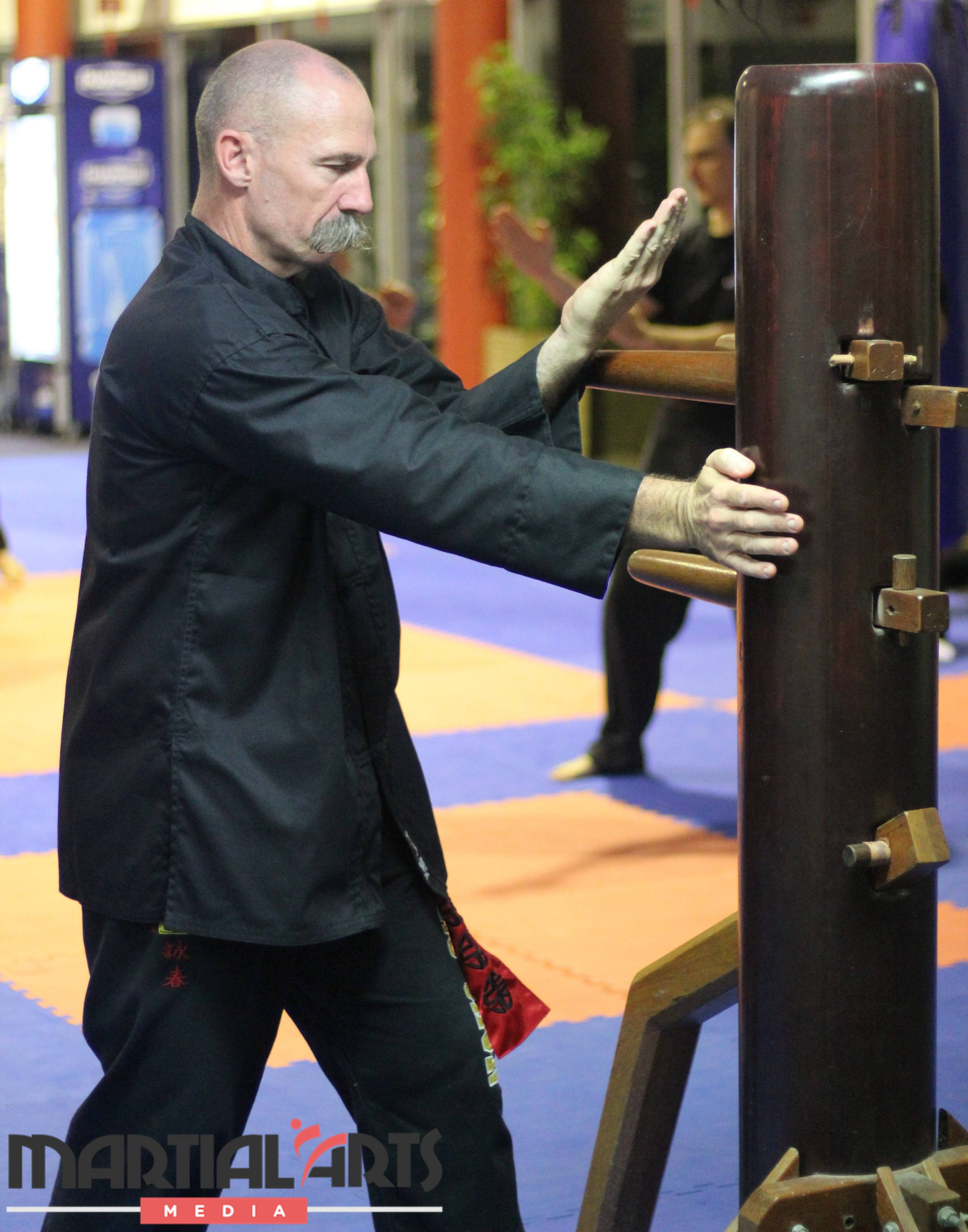 Dave: Funnily enough, in the beginning, it just started off over a cup of coffee with a mate of mine, Jack Leung from Practical Wing Chun, he pointed out your Martial Arts Media Facebook page I think it was. I looked into it and then yeah you had the academy there and it sort of went from there, because I was really wanting to make my school go full time. At that stage it wasn't, so I was just hungry for information and help to get into an industry that I'd been a part of but only on the outskirts.
Dave: Funnily enough, in the beginning, it just started off over a cup of coffee with a mate of mine, Jack Leung from Practical Wing Chun, he pointed out your Martial Arts Media Facebook page I think it was. I looked into it and then yeah you had the academy there and it sort of went from there, because I was really wanting to make my school go full time. At that stage it wasn't, so I was just hungry for information and help to get into an industry that I'd been a part of but only on the outskirts.
George: Okay, so give us a bit of a background, so 'cause you currently got the school, you're transitioning into full time, and you're still working a business during the day, right?
Dave: Yes, correct, correct. The school started in a shed in my backyard and we outgrew that and we ended up moving into a commercial premises, it was just traveling under its own steam. Then I realized that this is my calling, and I'd rather be teaching people Kung Fu than killing bugs in my pest control business. So the transition is still being made, but definitely now Kung Fu is taking up more and more time and generating more income.
George: Cool, so how are you juggling the two at this point in time? You've got the pest control business, right?
Dave: Yes.
George: Cool, so how's the juggle going between the transitioning between that and the Kung Fu school?
Dave: You've hit the nail on the head, juggle is the right word. Time management was one of the skills that I've really had to learn. So trying to portion time where I can focus on the school, not just the teaching side of it, but the actual building of the business side of it as well. So that's what I've done, I've set aside two days a week where my focus is on building the business side of the school.
George: Awesome, if we look at when you entered the academy and working with me, what are the sort of top two or three things that's made the biggest impact for you?
Dave: Oh George, one of the biggest things was the website because I built my own website, I'm one of these guys that'll have a crack at anything. Doesn't mean I'm good at it but I'll have a go at it, and yeah so the website that you did for me actually help with conversions. It was a lot better, rather than just a name, rank and serial number type website, to actually have a website that funneled for want of a better word, funneled people to an offer page and the offer that you presented with me as part of the academy really has made a difference as well. So that was one of them, the email sequence follow up, you have to follow up, if you don't follow through you don't get anywhere. Then also the Facebook, using Facebook and the marketing strategies there is really generating more website traffic as well as its own Facebook traffic as well.
George: Awesome and you hit the nail on the head there with, I think if you find it especially in the martial arts industry that people are go-getters so you want to do everything yourself. There's a top marketer, he calls it the superhero syndrome, you just want to take it all on and do it yourself. With a website, if you've got a little tech knowledge, it's actually an easy thing to put the tech together, you know you can hire most people to put that part together for you.
But when it comes to the actual strategy from front to back, that's where the real thinking part comes in, to really have it structured in a way that's going to convert and obviously deliver your message. Your strengths and what it is that makes your school unique, that be congruent, that when they actually walk in that there's a connection. Not they saw a stock image in a fancy place and now they walk in a place that's completely different as such.
Dave: Yes and that's true. Like you said, anybody can put a website together, hey I did it. If I can do it, then anybody can do it, but yeah the way it was structured, yeah that's an experience that I didn't have and that certainly made a difference as well.
George: Cool, and then, of course, the email now, email some people refer to as the old school way of marketing, but it's still the one item that everybody has, is an email address. I think a lot of people miss it, you know when people say emails not working, I say, “You're not doing it right.” Because that's generally the experience, it's easy to blame the platform, people say that all day about Facebook, about Google, the platform doesn't work. But it's really, again it comes down to the strategy of it.
The reason why we put a lot of focus on email is most martial arts school owners are of course time poor. So I guess that's a general thing in any business owner. So if you look at the things that you can automate in a structure, that's the one method where people are going to have some text exchange if it's not over the phone, then we want to look at leveraging your time.
Leveraging your time means, of course, putting the automation systems in place that can do a lot of the legwork for you. So when you are doing the follow up that there are some ways that you can contact everybody on mass, that still feels personal, and still building the relationship. That helps set you apart and get your time back at the end of the day.
Dave: Yeah, for sure, and you hit the nail on the head when you said strategy because you can send an email to anyone then it can be exactly the same as that website that I had, that was name, rank and serial number. I'm Joe Blogs from x, y, z martial arts school, and we cost this much, you can ring me on this number. You've just given all the people the information and there's no relationship built, so that was a big thing, was that the strategy in building the relationship through email. That strategy can carry across to your Facebook messages, anything like that, yeah so it's not about just giving information, it's about building a relationship.
George: Definitely so, it comes down to the understanding of the way of communication and that sort of trickles through. How about Facebook? Because you said it's sort of all, the different components as in a strategy is working together for you.
Dave: Yeah, like, pardon me. Running a few different strategies that are say informational, then there's competitions, then there's the offer. So just basically getting the brand out there, just standing up and say, “Hey, here we are.” You might not get an initial response from whatever you put out there, but you're getting put in front of people. That's the main thing because people might not be ready to start now.
Classic example is my mistiming of my last Facebook strategy with the daytime classes. School holidays were on, I didn't even take that into account, and all of the mums that wanted to start during the day because they have free time couldn't because they were looking after the kids. So hopefully next week, we'll have a big influx of mothers coming in for the daytime classes. Like they've all responded to us, but I was standing there by myself there the first day.
George: That's all good, I'm going to be creating a separate video about this, but I was attending a training with Dean Jackson and he was talking about identifying the five-star prospects and making peace with the fact that 85 percent of your prospects are not ready to join now. They're ready to join perhaps because they've expressed interest, but somewhere, and the time frame they apply this in the property market especially, but their strategy is that 100 percent of their prospects are going to join within the next two years.
So it takes the pressure off of sifting the 15 percent that's ready to join now, and then the 85 percent that's going to join later. The whole concept behind this is, how do you go about your marketing? Are you serving that 85 percent? Because if you're serving the 85 percent, the 15 percent will just jump on board anyway, 'cause they're ready. But if you focus all your efforts on too much strategy of I've got to get them on board now, you risk of actually turning the 85 percent off, because your marketing is so hard and in your face type of thing.
Dave: Yeah, that makes perfect sense, I'd never thought of it that way, that's for sure. Instant gratification is always good like if you put something out there and then next thing it's going off, that's great. Look I've had that happen with a couple of Facebook promotions that I've done, and it's really been great because it's helped boost numbers quickly, which is what everybody wants. They want to boost numbers but like, we have a saying in Wing Chun that you start with the first form, which is the base form, and you build your foundation there.
If you haven't got the good foundation then the rest of it isn't going to work. It might work to a degree, but it has a high chance of falling over so yeah you've got to have that foundation there first. So the way I look at it is the websites got to be good, you've got to have a good web presence and then you can start adding the quick responses. So putting out the Facebook promos and stuff like that, that's going to generate the interest, but like you say that 85 percent have to have something there for them as well.
George: Yeah, definitely, so Dave what's the biggest impact this whole journey working with me has had on the business and personally? Especially now that you're taking this role of creating more content and taking on a different position and stance within the business.
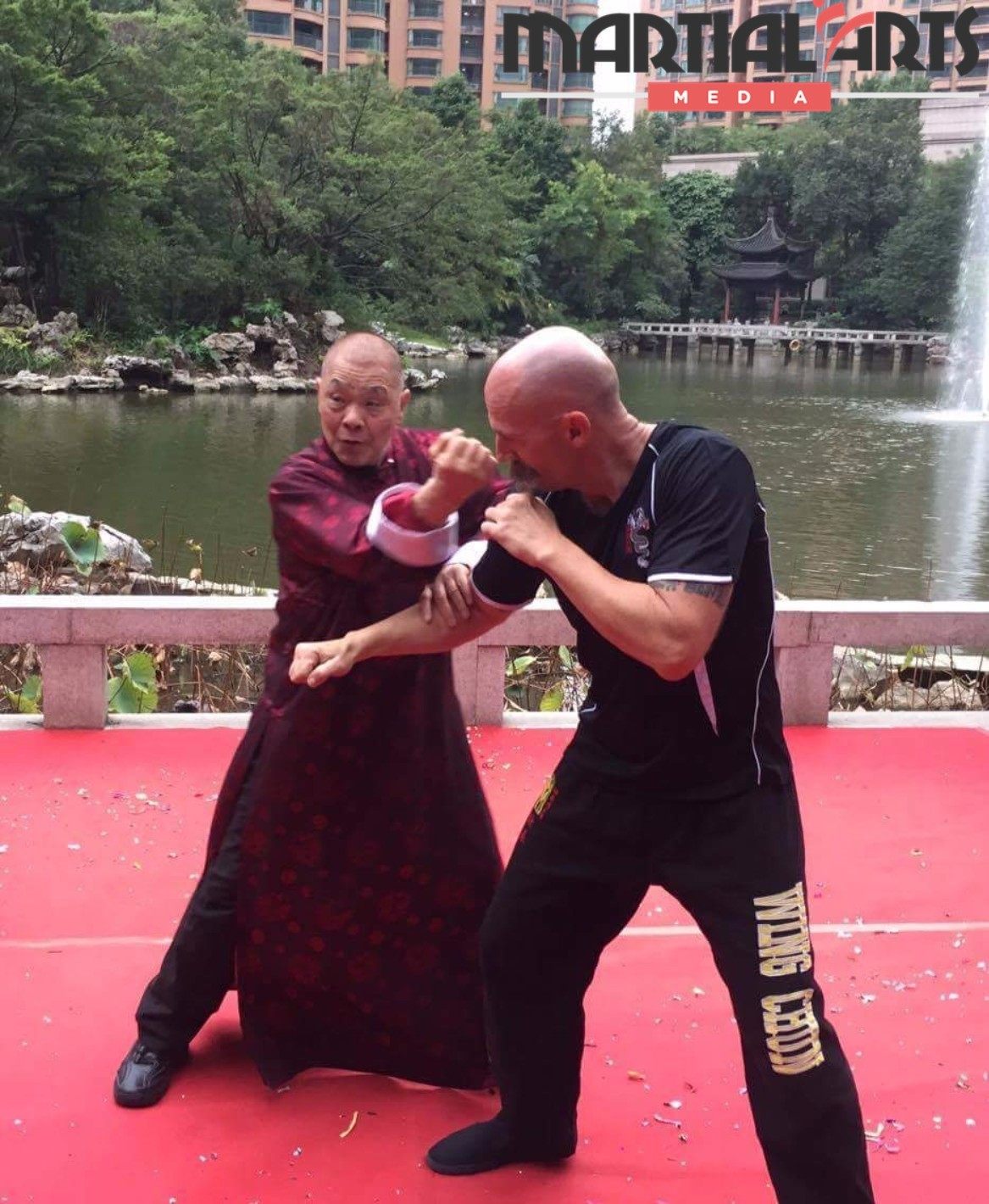 Dave: Yeah George, I'm sort of the type of person that is always keen to learn. I've got a hunger for knowledge, so it's been a great journey with you doing all of the different aspects of what we've covered in the academy. Say from how your website should be structured, the email sequences, and then how to work Facebook, I mean how many modules was that. That did my head in, it's still doing my head in. But that was only part of it, it was about knowing your target market, who am I actually trying to get through the door?
Dave: Yeah George, I'm sort of the type of person that is always keen to learn. I've got a hunger for knowledge, so it's been a great journey with you doing all of the different aspects of what we've covered in the academy. Say from how your website should be structured, the email sequences, and then how to work Facebook, I mean how many modules was that. That did my head in, it's still doing my head in. But that was only part of it, it was about knowing your target market, who am I actually trying to get through the door?
Yeah, the other thing that was really helpful were the coaching calls and going through the websites and what not, and how to tweak this, and change that. Work together in the academy to make it all fit, make the pieces fit. Because it's one thing to have all the pieces of the puzzle, but if they're scattered all over the board it doesn't make much sense. So that was a key thing to making it work, was the coaching calls and putting the puzzle together.
George: Yes, thanks, Dave, and I'm glad you mentioned that because it's especially in this internet digital age, it's really easy to get information. You can get it in groups, you can take a piece here, and you can take a piece here. You can take someone’s strategy, but if you don't have the whole strategy and you don't have someone to really help you put it together, that's where people get stuck. Because you are time poor and now you buy this course and you're reading through it, taking the information in is easy, that's the easy part, it's actually having to put it into practice. That's where the obstacles come in, and if you don't have someone that can say, “Alright but hey maybe you should just adjust this, and adjust this.” That's what's going to really make the difference.
Dave: It certainly did make a difference because I had all the modules there. Like you said, information's easily accessible and making it all fit and work, well, as a martial artist that's what your instructors there for. Then there was other things like when we met in person at the Martial Arts First, and one of the persons that we met there, Henry Calantog, just from his way of teaching made me look differently at the way I was learning. Like with yourself, and so on, and so you're picking up bits and pieces from everywhere. And the podcasts, like the podcasts that you've been doing, I've learnt so much from those guys as well. Everything, everything's been a positive experience there's no doubt about it because I was green when I started and I'm still a darker shade of green now I suppose.
George: That's all good but I mean you're moving forward, your business is growing. What are things look like for you in the next six months with your martial arts school?
Dave: Well mate before we started, what was it, I think it was around July or August when we started, I think I had between 50 and 60 students. Just last week we cracked the 90 mark, which was huge. Yeah, it's been really good so I'm hoping after next week with the daytime classes kicking off full swing that we'll be over the 100 mark and then it's onwards and upwards.
George: Awesome, so I guess we should set a goal live on the podcast then, right?
Dave: You want accountability, well that's one way to do it I suppose.
George: Let's just tell the world that we're going to have Dave Richardson back on the podcast for when he strikes 100 and how many students?
Dave: Let's make it 150, a nice realistic easy one, we'll do that easy.
George: Alright, there we go, so everybody knows 150 students, Dave Richardson will be back on the Martial Arts Media Business podcast. There we go.
Dave: Now you've put me on the spot.
George: It can't be any better than that, just putting it out there could probably get it a lot sooner than what you'd expect. Anybody that's listening to this if you know Dave, hit him up and say, “Alright we're rooting for you, we're waiting for the 150 students.” Now the pressure’s on buddy.
Dave: Thanks, George.
George: Alright awesome, just to wrap it up, who would you recommend join the Martial Arts Academy and why do you feel so?
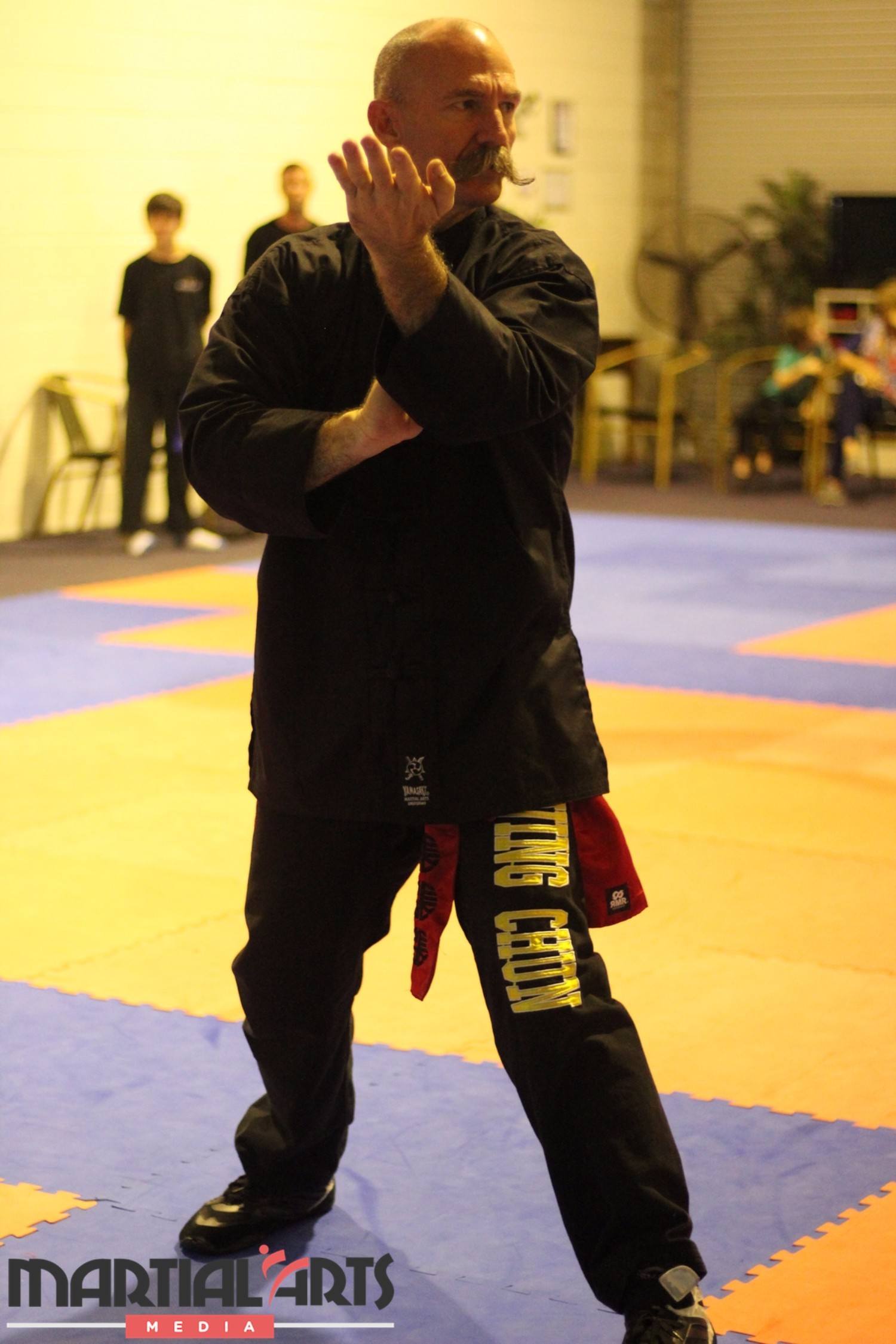 Dave: Mate, look anybody who has a martial arts school, you can't go wrong. Anybody who has a young martial arts school, if you've got no tech savvy at all definitely get on board, you'll learn a lot. I had a very minimal technological advantage, disadvantage and I was able to now be able to implement all of the automation for the email, using Facebook, the website. So anybody who has a school, starting a school, or wants to grow their business, get proactive. Invest in yourself, invest the time in yourself, and the dividends will pay for themselves, yup.
Dave: Mate, look anybody who has a martial arts school, you can't go wrong. Anybody who has a young martial arts school, if you've got no tech savvy at all definitely get on board, you'll learn a lot. I had a very minimal technological advantage, disadvantage and I was able to now be able to implement all of the automation for the email, using Facebook, the website. So anybody who has a school, starting a school, or wants to grow their business, get proactive. Invest in yourself, invest the time in yourself, and the dividends will pay for themselves, yup.
George: Awesome and for anybody interested in checking it out, martialartsmedia.academy is where you can get more information. So just go check that out, and yeah, join us in the academy.
Dave: Yeah, look forward to it.
George: Awesome, great to have you on Dave, and I'm probably going to be speaking to you again, when is it?
Dave: In about 60 students’ time.
George: No, I just wanted a time frame. Okay, I think we've put you under enough pressure, so yeah, in about 60 students’ time. Let's keep it at that.
Dave: No game on, challenge accepted.
George: Awesome, good stuff Dave, thanks for being on the show and we'll speak to you again in 60 students.
Dave: Good on you George, thank you mate, cheers.
*Need help growing your martial arts school? Learn More Here.
Enjoyed the show? Get more martial arts business tips when you subscribe on iTunes for iPhone or Stitcher Radio for Android devices.


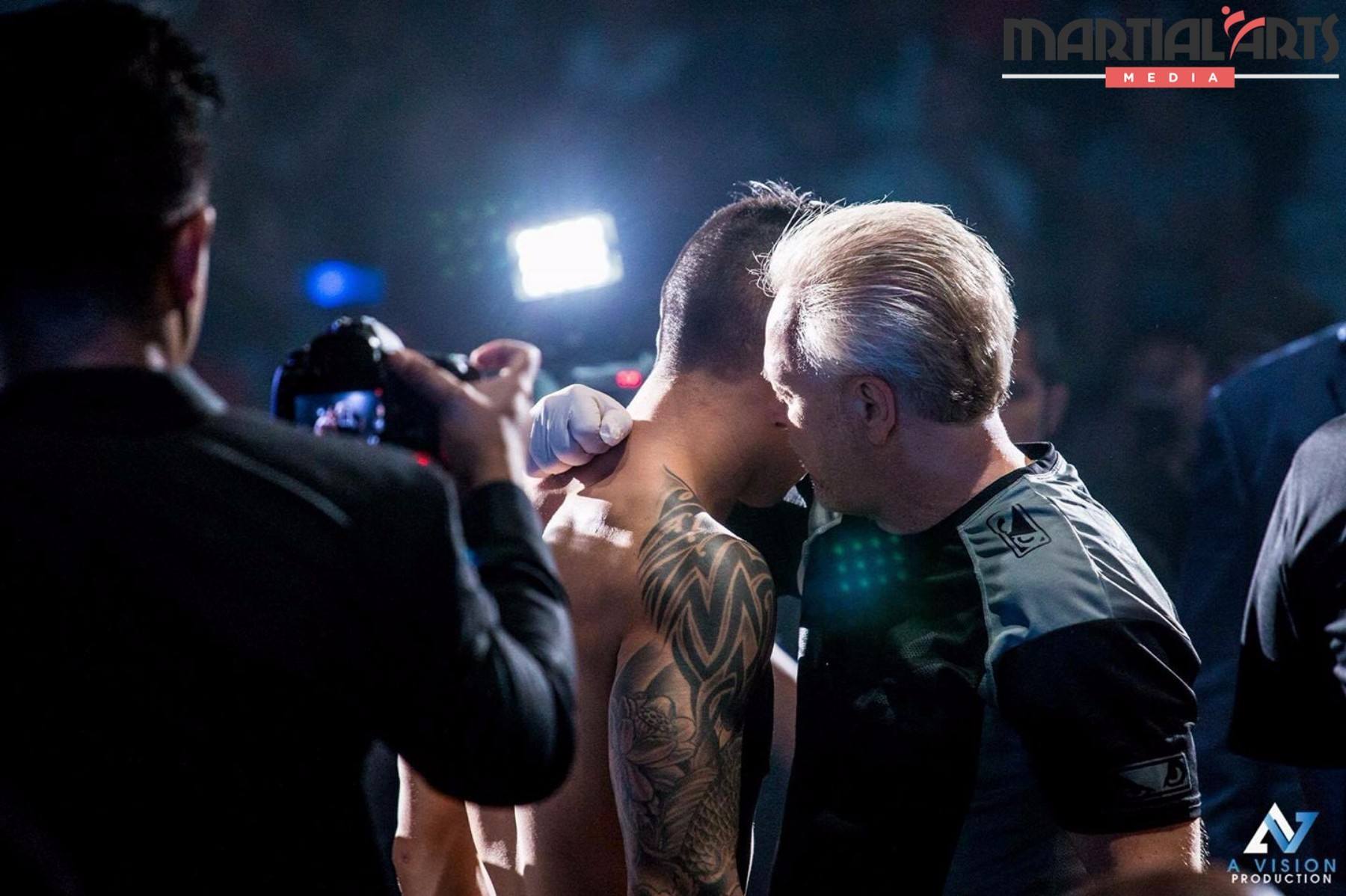

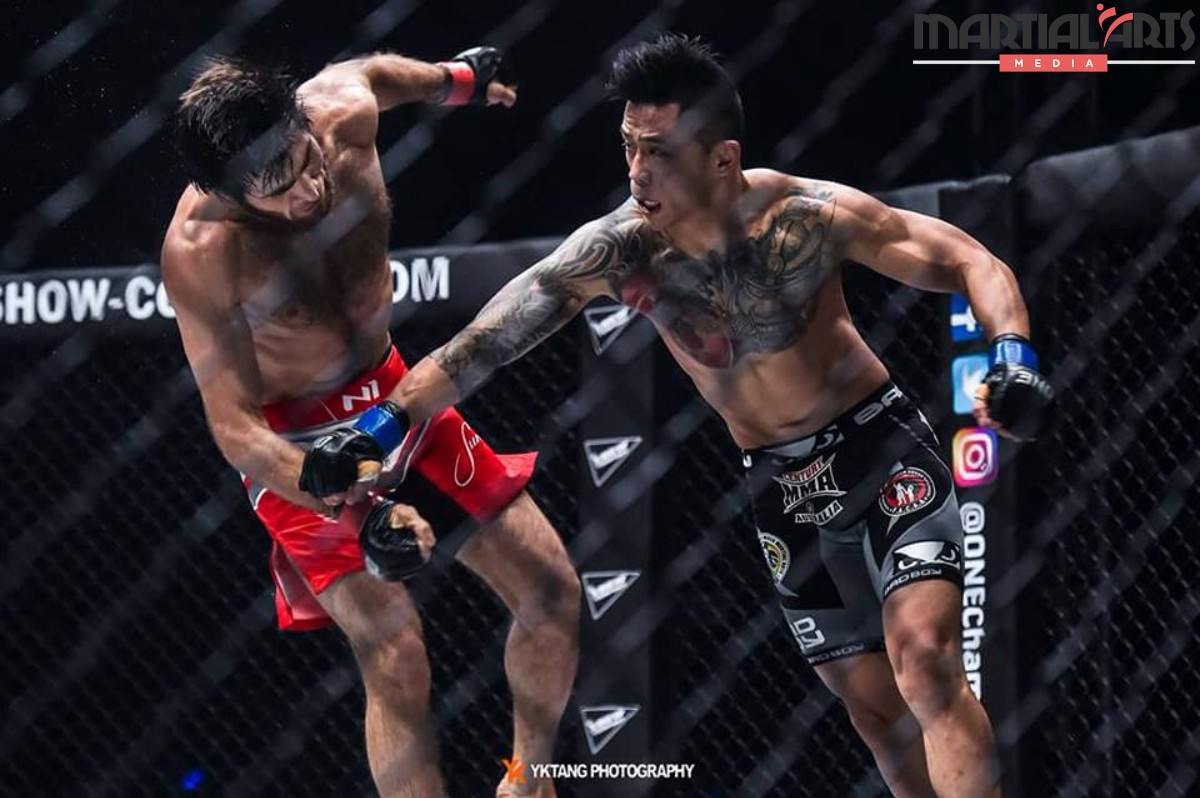

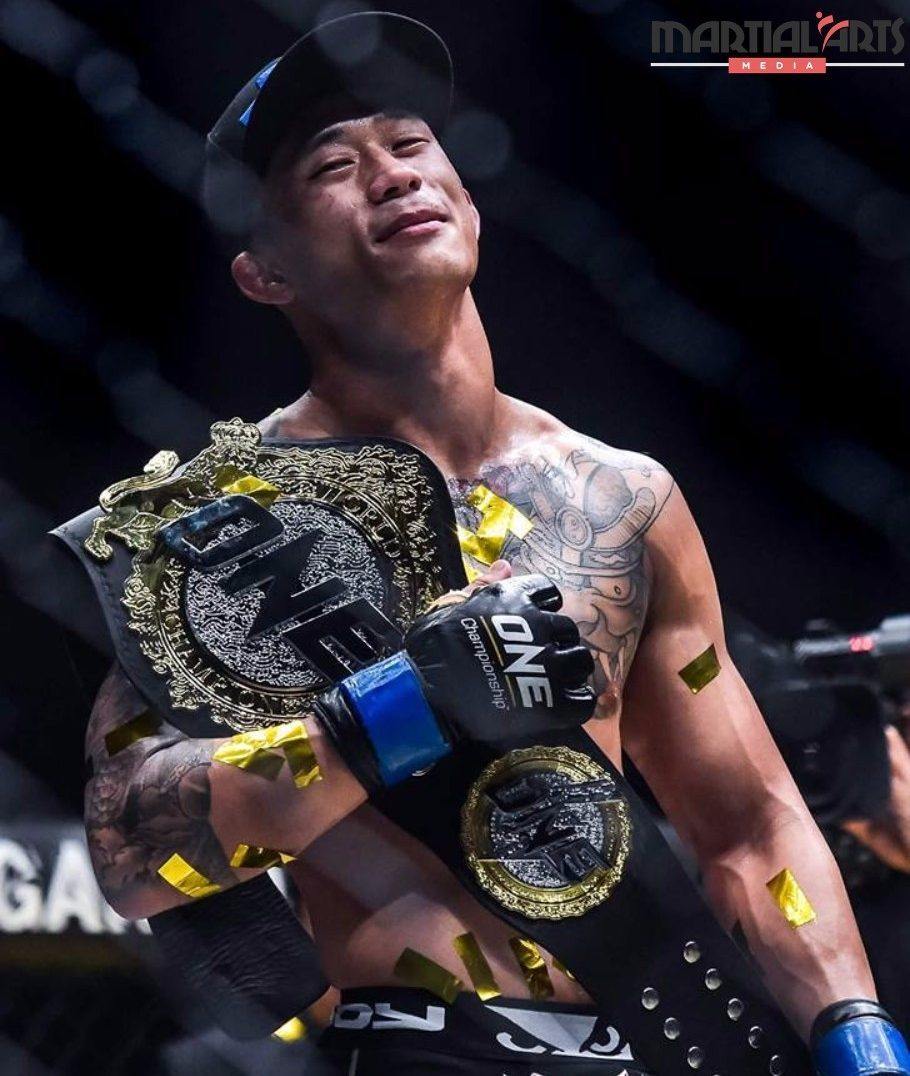

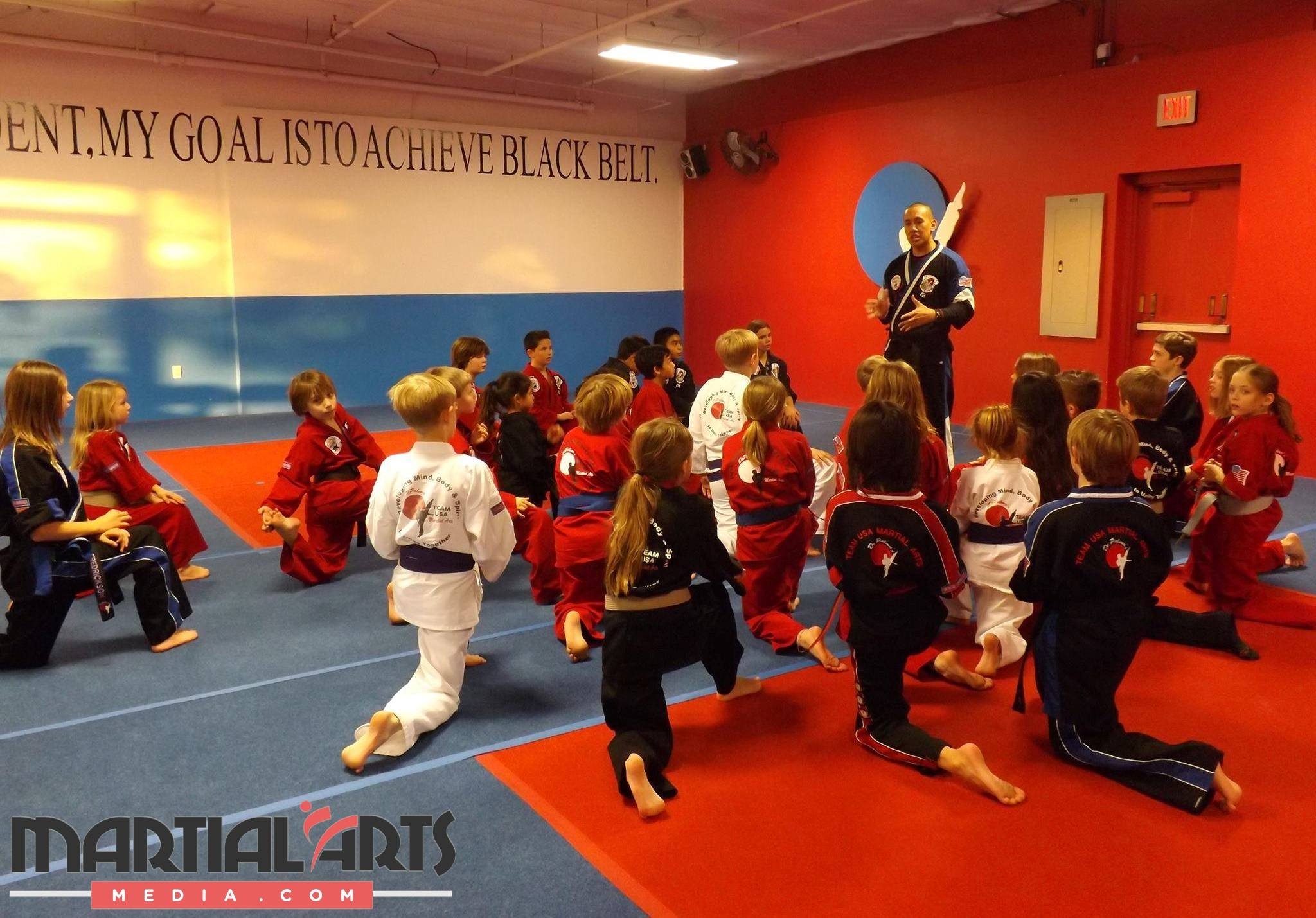
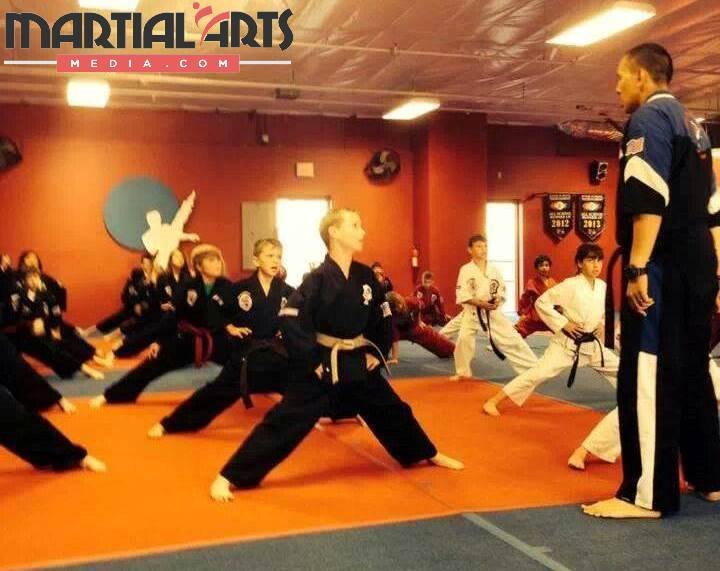
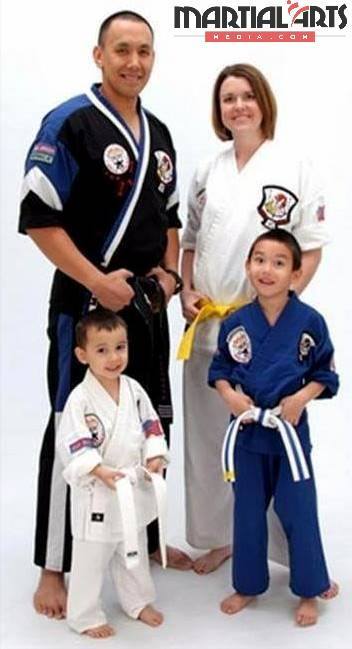 Energy is – actually let me kind of segway this a little bit: before I teach, I'm a business owner, so I’ll do all my business stuff in the morning and early afternoon, but before I teach, no matter what, I usually take at least 30 minutes to an hour of me time before I have to teach that day. Whether it’s a private class at 3:30, even if I might have been at the school all day, at 2:30, I get in my truck and I drive.
Energy is – actually let me kind of segway this a little bit: before I teach, I'm a business owner, so I’ll do all my business stuff in the morning and early afternoon, but before I teach, no matter what, I usually take at least 30 minutes to an hour of me time before I have to teach that day. Whether it’s a private class at 3:30, even if I might have been at the school all day, at 2:30, I get in my truck and I drive. 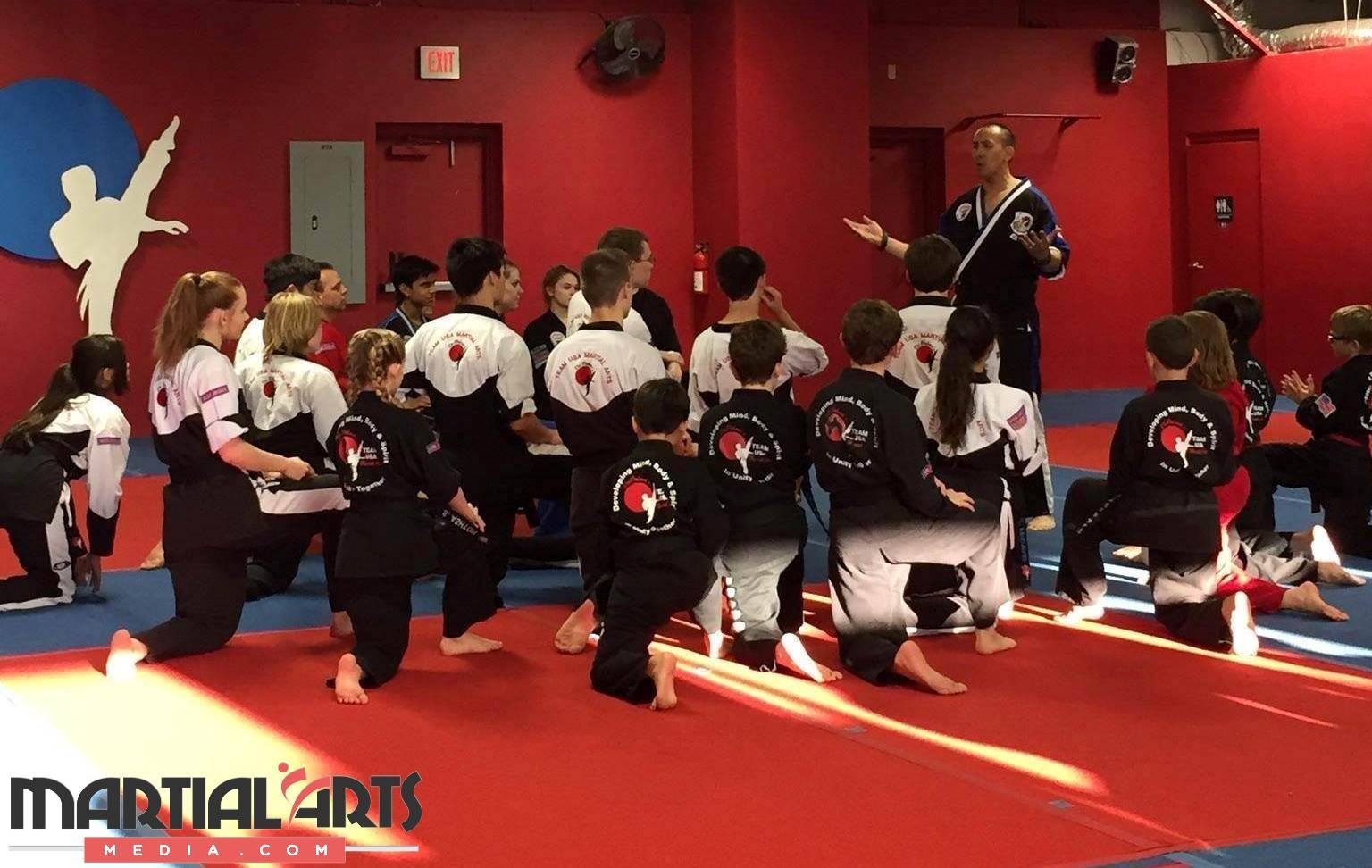

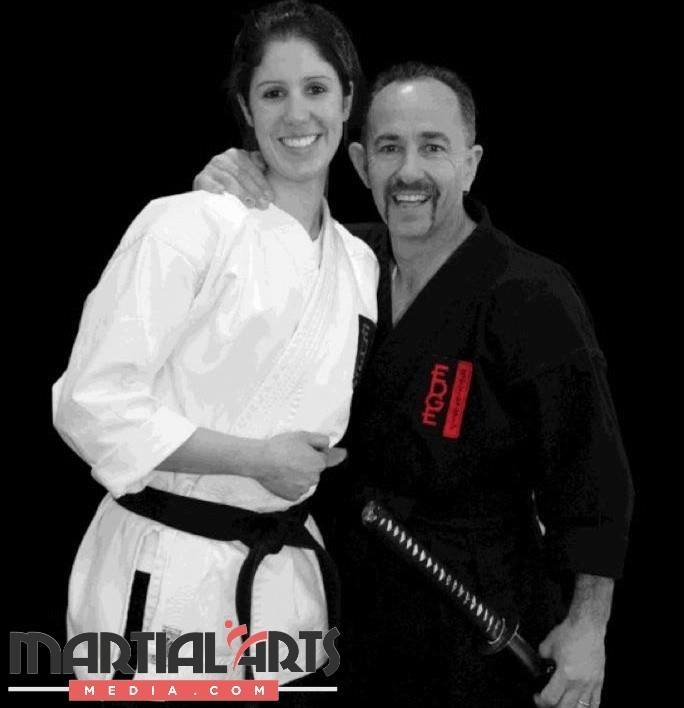
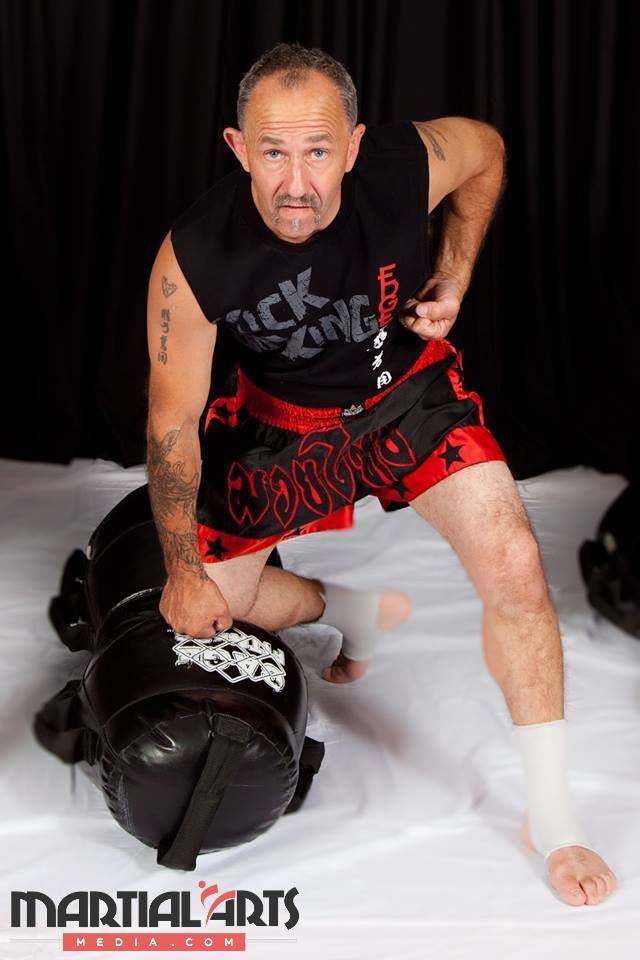
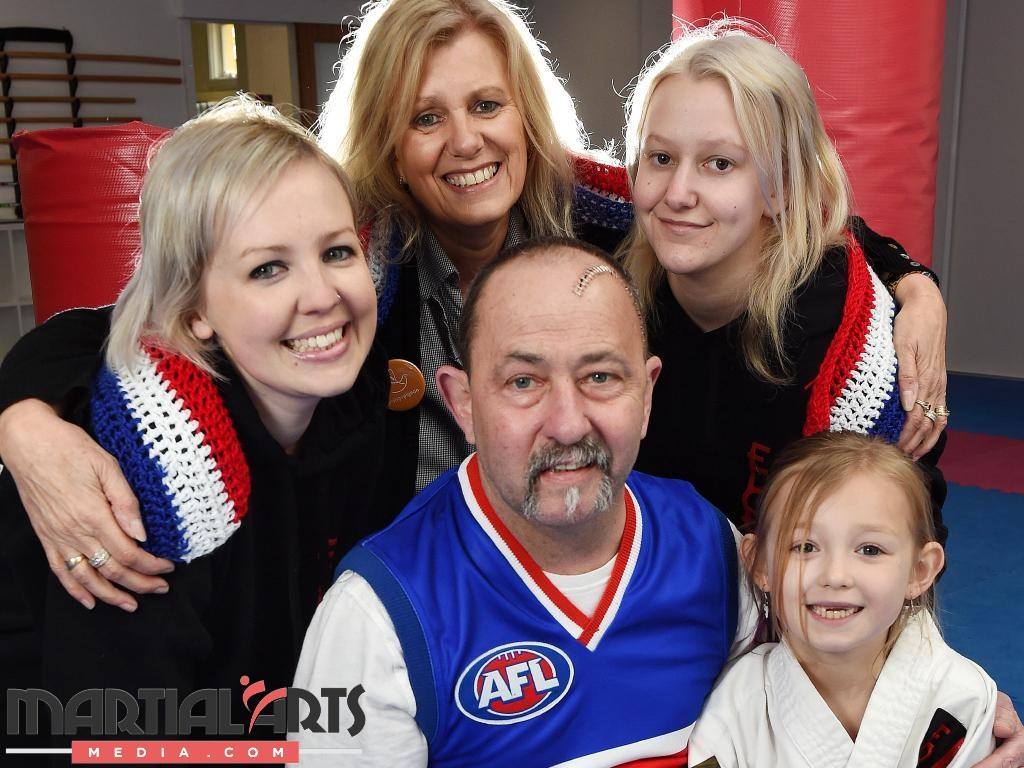
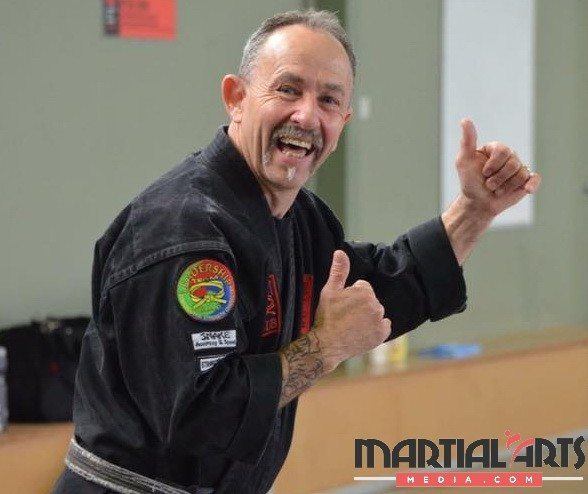
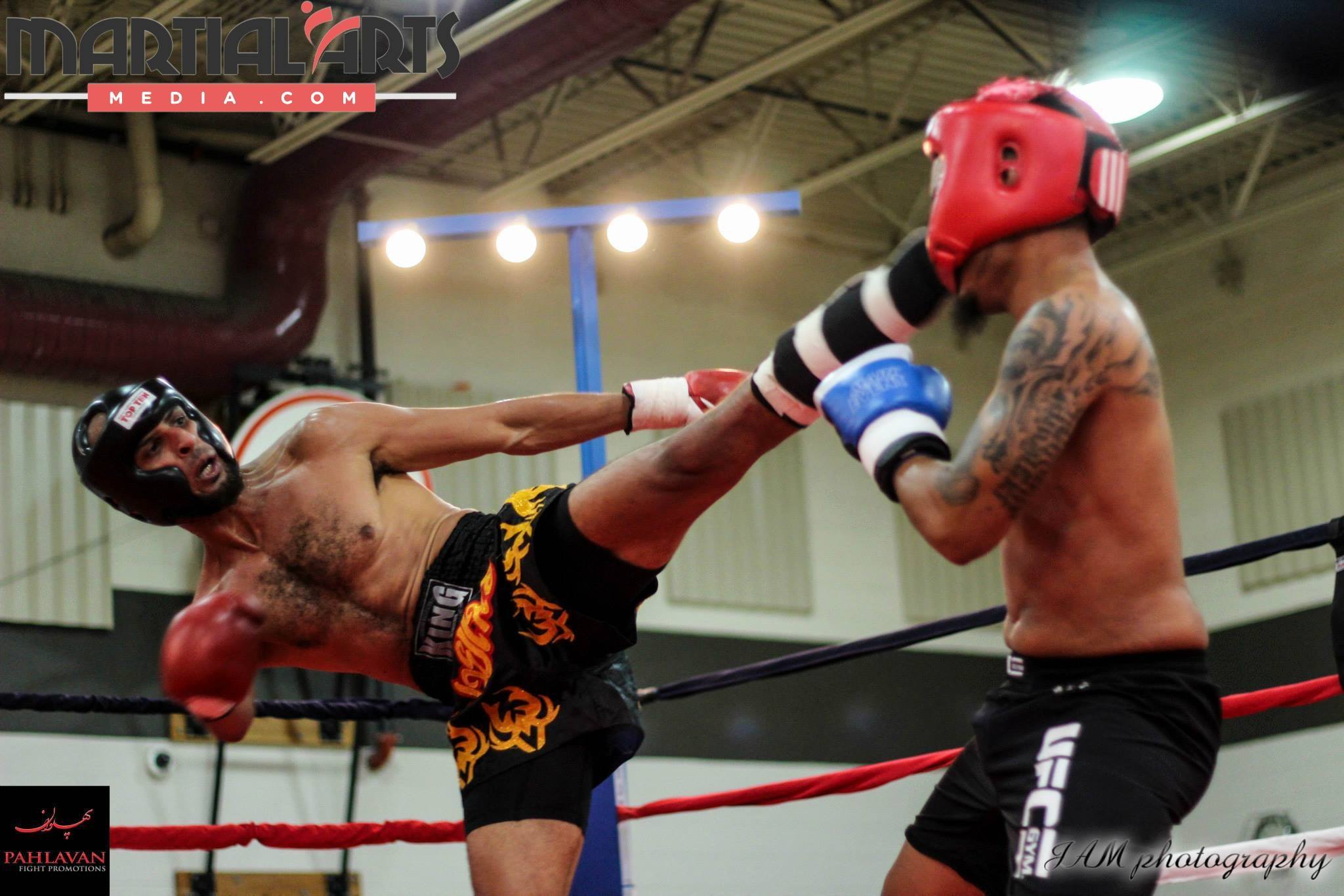
 ADEL:
ADEL: